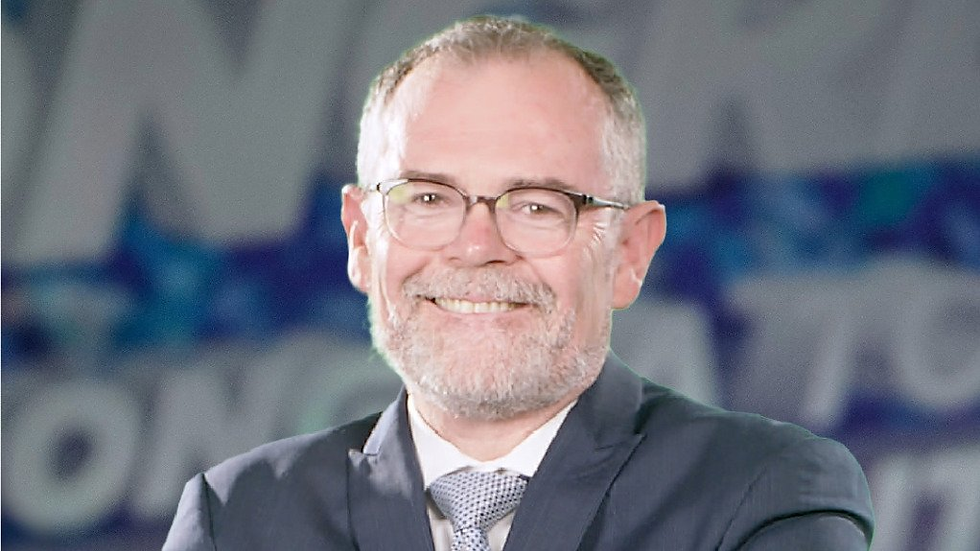Israeli Airstrike Kills Five Journalists in Gaza, Sparking Global Condemnation
- Southerton Business Times

- Aug 12
- 2 min read

On August 10, 2025, an Israeli airstrike struck a tent housing journalists near Al-Shifa Hospital in Gaza City, killing five Al Jazeera staff members: correspondents Anas al-Sharif and Mohammed Qreiqeh, and camera operators Ibrahim Zaher, Mohammed Noufal, and Moamen Aliwa.
The Israeli military later confirmed it had intentionally targeted al-Sharif, alleging he was a Hamas cell leader. The claim has been firmly rejected by Al Jazeera and press freedom groups, who accuse Israel of providing no credible evidence and of committing a grave breach of international law protecting journalists.
Al Jazeera condemned the strike as “the deliberate assassination” of its reporters, calling them “among the bravest voices documenting Gaza.” The Committee to Protect Journalists (CPJ) and other international watchdogs reiterated that journalists are civilians who must never be targeted, urging immediate accountability.
Hours before his death, al-Sharif posted a final message on social media: “Do not forget Gaza,” a plea that has since gone viral as a symbol of frontline journalistic dedication.
The attack is the latest in a pattern of deadly strikes on media workers in Gaza. CPJ data shows that between 186 and 237 journalists have been killed since the escalation of hostilities in late 2023. Victims have included:
Ismail Abu Hatab, photojournalist, killed on 30 June 2025.
Yahya Sobeih, independent reporter, killed in a market airstrike on 7 May 2025 just hours after celebrating the birth of his daughter.
Hossam Shabat, killed in March 2025 during intensified Israeli air raids.
The mounting fatalities are fuelling what observers call a “media vacuum” in Gaza, where fewer independent voices remain to bear witness to events on the ground. United Nations officials have condemned the erosion of press freedoms and warned that silencing journalists undermines transparency and civilian protection.
Human rights advocates say the targeting of reporters risks turning media suppression into a weapon of war — combining propaganda, intimidation, and the denial of independent documentation in one of the world’s most dangerous reporting environments.





Comments